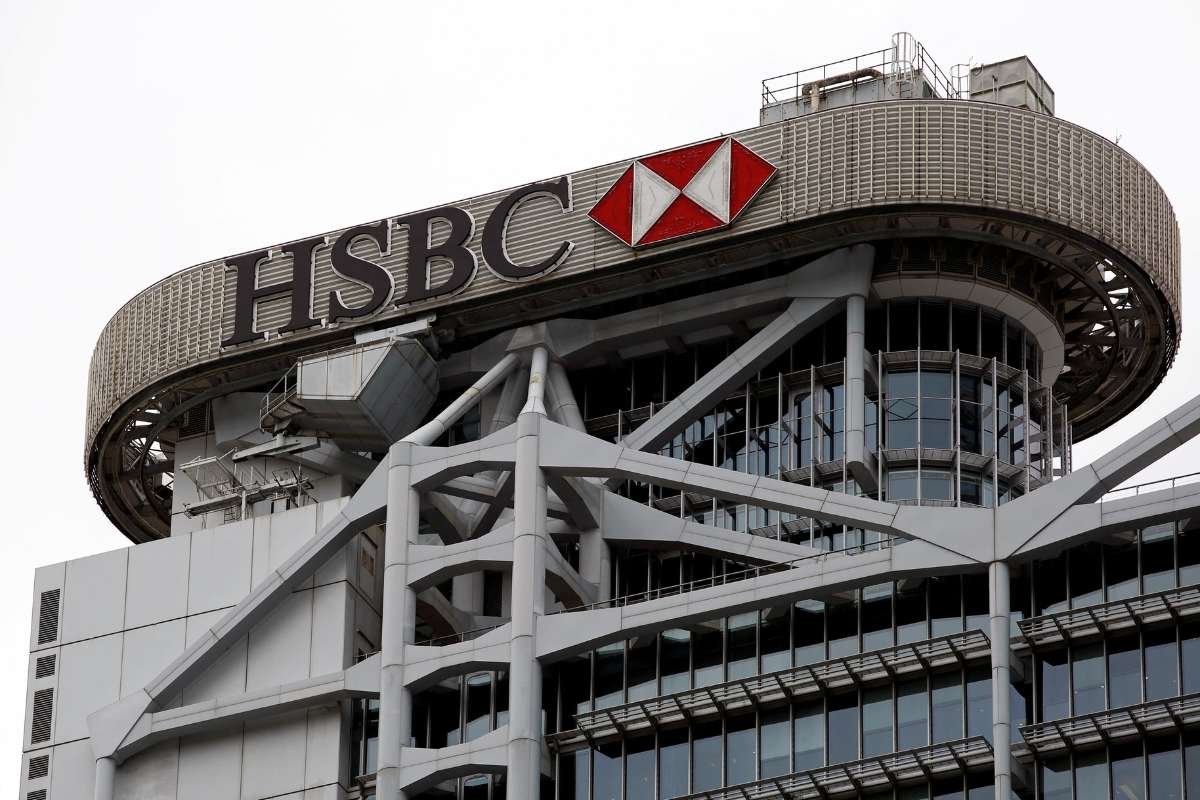Key Points:
- Hong Kong Focus: HSBC to buy remaining 36.5% of Hang Seng, boosting its Asia presence with a 30%+ premium offer.
- Financial Strategy: $37B deal funded internally; share buybacks paused to maintain capital strength.
- Risk & Reform: Rising real estate loan risks prompt privatization to fix governance and streamline operations.
HSBC Plan to Privatise Hang Seng Bank Ltd. in a $37 billion deal reinforces the lender’s long-term commitment to Hong Kong’s financial sector. The move underscores the London-based bank’s confidence in Hong Kong’s economic recovery and growth prospects after several years of market challenges.
Under the terms of the agreement, HSBC will pay HK$155 ($19.92) per share in cash, representing a 30% premium over Hang Seng’s last closing price. Once completed, all publicly listed shares will be canceled. HSBC currently owns around 63% of Hang Seng Bank and will spend approximately $14 billion to acquire the remaining shares.
“This significant investment demonstrates our commitment to the economy of Hong Kong,” said Georges Elhedery, HSBC’s Chief Executive Officer.
A Strategic Bet on Asia’s Financial Hub
The HSBC Plan to Privatise Hang Seng Bank is part of its broader strategic pivot toward Asia, where it generates most of its profits. The bank has been restructuring its operations, consolidating businesses, and exiting non-core markets in Europe and North America. The acquisition gives HSBC greater control over one of Hong Kong’s most established lenders and aligns with its goal to expand in high-growth regions.
Despite Hang Seng’s shares rising 26% following the announcement, HSBC’s own stock fell 6% in early Hong Kong trading. Elhedery stated that the acquisition “delivers greater shareholder value than buybacks,” as the lender plans to pause share repurchases for the next three quarters to rebuild its capital reserves.
The Hong Kong Monetary Authority (HKMA) confirmed it is in communication with both banks regarding the necessary regulatory approvals. It noted that HSBC intends to make a “significant investment” in Hong Kong, with both banks continuing to operate as separate entities following the transaction.
Enhancing Services and Operational Integration
Elhedery emphasized that the transaction is an investment in growth rather than a response to sector challenges. “The deal has nothing to do with bad debt; it’s very much about strengthening our position and expanding opportunities for customers,” he said.
Through the HSBC Plan to Privatise Hang Seng Bank, the lender will gain access to HSBC’s global network, enabling it to offer clients a wider range of financial products and international banking services. Hang Seng will retain its independent governance structure and board, ensuring operational stability during the transition.
Industry analysts welcomed the decision, citing improved governance and reduced structural complexity.
Banking Sector Outlook and Workforce Expansion
The HSBC Plan to Privatise Hang Seng Bank comes amid ongoing stress in Hong Kong’s banking sector, partly due to a prolonged real estate downturn. HSBC has been encouraging Hang Seng to reduce its exposure to commercial real estate debt, which reached HK$25 billion by mid-2025 — an 85% increase from the previous year.
However, Elhedery dismissed concerns that the buyout was linked to bad loans, stating that HSBC plans to invest in people and technology to strengthen local operations. “Our plan is to continue to invest in people in Hong Kong,” he said.
With the HSBC Plan to Privatise Hang Seng Bank, the group is taking a decisive step to consolidate its position in Asian banking, further integrating its presence across Hong Kong and the broader region. Analysts view the move as a signal of confidence in the city’s recovery and a long-term strategy to enhance efficiency and growth within HSBC’s expanding Asian portfolio.
Sources:










